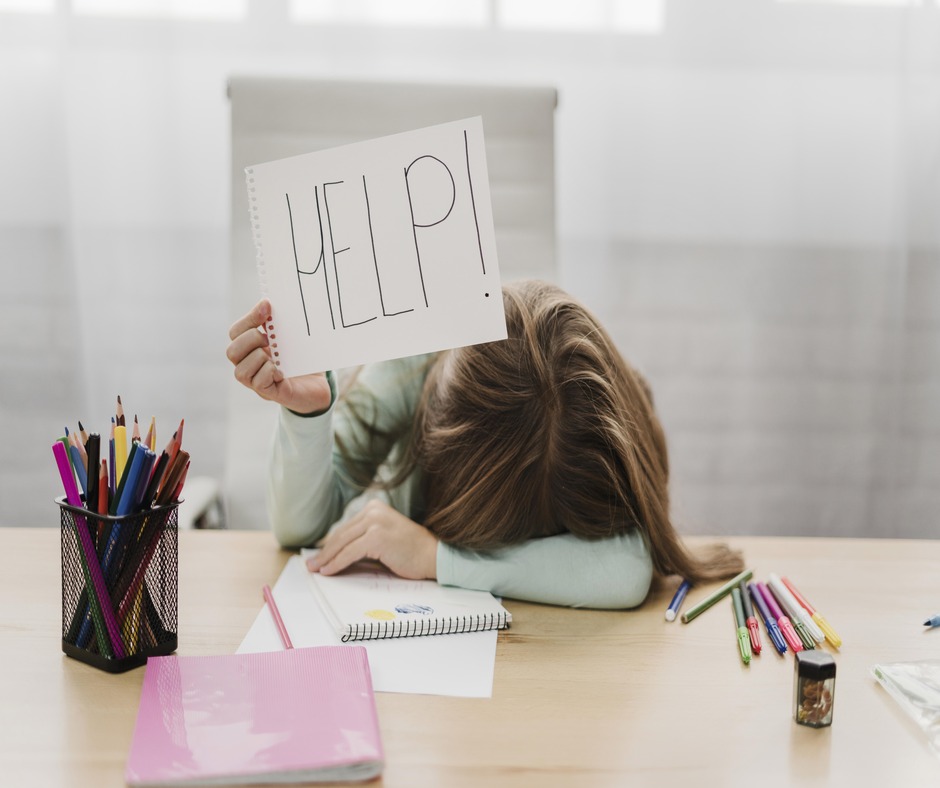Keralites are found to be an ambitious group of people, who strive hard to secure a better tomorrow for themselves and their loved ones. From getting a good job, and bringing up kids with good values, to constructing a house of love and comfort, life in Kerala is bound to be all about goals and duty. Amidst all this busy lifestyle, an important element gets overlooked in the process and that is one’s mental well-being.
While physical health has always been a cause of concern, emotional well-being is yet a relatively lesser-discussed issue among most Malayali families. Stress, depression, anxiety, or loneliness are met with deafening silence. But finally, silence is being broken. More and more people are coming forward and seeking help.
Thanks to technology, online psychologist consultations in Kerala are becoming a lifeline for those quietly struggling. If you’ve ever felt overwhelmed, emotionally drained, or mentally exhausted, know that you’re not alone and support is now just a click away.
Here in this blog, we’ll be talking about all you want to know about selecting the best online psychologist in Kerala, what to anticipate, what to search for, and how to receive care that works for you.
Why is Online Counseling Becoming Popular in Kerala?
The increasing requirement for consultation by psychologists online in Kerala is only possible due to its convenience and accessibility. One only needs a smartphone or laptop, and one can take advantage of licensed psychologists without wasting effort and time. Most working people, students, and even elderly people choose online sessions as they are free to express themselves without any social stigma of going to a clinic.
Several platforms are providing mental health care, so it is difficult to decide where to head to. From various apps to personal therapists, there are plenty but how do you select the best one? Let’s find out!
The Role of Language in Therapy
Language to Keralites is not a means, it’s an emotion. In expressing extremely strong emotions, human beings have been observed to revert to their mother language. It’s because of this reality that Best Online Counseling in Kerala tends to lean towards highlighting choosing psychologists who speak Malayalam. Speaking your native language makes the conversation relaxing, makes it genuine, and effective too. Owing to feel safe and heard is a requirement and nothing does the job better than being heard for oneself.
What to Look for When Choosing an Online Psychologist
- Qualification & Specialization: Make sure the psychologist is RCI-certified and has expertise in what you need assistance with, whether it’s anxiety, depression, trauma, or relationship issues.
- Language Compatibility: If Malayalam is your native language it will make a huge difference to the healing process so select someone who can speak Malayalam.
- Platform Safety: Confidentiality is important. Your sessions should be confidential. Always opt for platforms that have encrypted video calling and focus on securing data.
f you’re in Kochi and looking for reliable options, the Best Psychology Counseling in Kochi services often combine experienced psychologists, language options, and secure platforms making them a top choice in the region.
What to Expect During an Online Consultation
Initial Evaluation: Your first session would entail a psychological evaluation to understand your mental condition and issues.
- Therapy Sessions: Based on your needs, you would have regular therapy sessions.
- Follow-up & Support: Your improvement would be monitored by an experienced psychologist, who would update the treatment plan as and when necessary.
- Confidentiality: Your sessions and information are confidential. Ethical psychologists follow this as a golden principle.
When Should You Seek Help?
Seek help if you’re feeling persistent sadness, anxiety, irritability, lack of energy, disturbance in sleep, problems with relationships, or an ear that listens. Mental well-being is as much a part of you as physical well-being and timely treatment can be the difference between getting well and not getting well.
Online sessions make it simple for individuals to approach early help at any hour of the day or midnight anxiety or morning stress. The availability thus brings mental care within easy reach and makes it convenient and effective for all.
Conclusion
Selecting the Best Psychologist in Kerala for online consultation implies prioritizing comfort, communication, and confidentiality. Whatever your reasons for seeking help for the first time or coming back to therapy, ensure the service is appropriate to your emotional needs, language of choice, and privacy concerns.
Remember, mental health care is no longer in distance. Make that one click you should take to feel better, and assistance is just at your fingertips.









